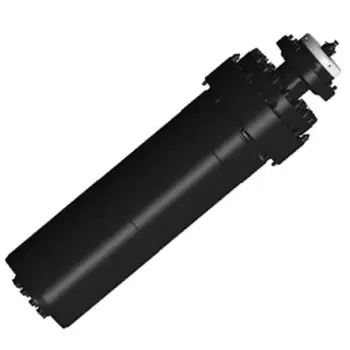Master Cylinder for Press
The master cylinder is a key component in the press that converts hydraulic energy into mechanical energy, thereby enabling the pressing of the workpiece. It is usually composed of cylinder, piston, piston rod and other components. When the hydraulic oil enters the cylinder, it will push the piston to produce a linear motion, and then pass the force to the workpiece through the piston rod to achieve the pressing process. The performance of the main cylinder directly affects the pressing effect and efficiency of the press.

